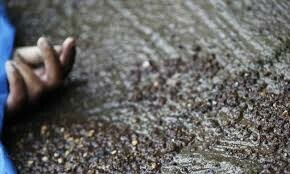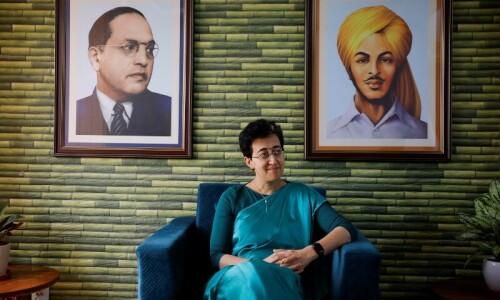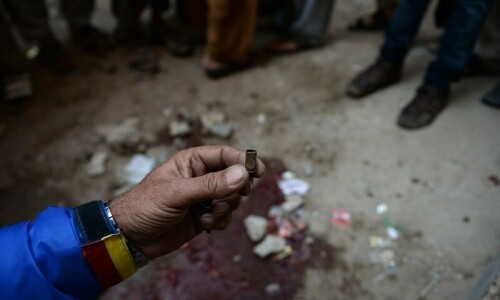HARIDWAR: A year after extremists forced Muslim neighbours from their homes in India, victims live in despair as their tormentors seek to cleanse what they consider a Hindu “holy land”.
Mohammad Salim shudders when he remembers the campaign that erupted in May last year against Muslims in Purola, a seemingly sleepy town surrounded by forested hills in the northern state of Uttarakhand.
“If I had not escaped that day, they would have killed me along with my family,” said Salim, 36, a father of three daughters.
Salim, whose clothes shop was looted, now lives in basic accommodation with his family around 100 kilometres away in the city of Haridwar, struggling to make ends meet.
Rakesh Tomar, 38, is one of those who celebrated his departure. The hardline Hindu nationalist activist, based in state capital Dehradun, spouts hate-filled rhetoric against a minority he feels threatens him.
“Uttarakhand is the holy land of Hindus,” Tomar said, referring to the shrines around the sacred headwaters of the Ganges river in the state, an area larger than Switzerland.
“We will not let it become an Islamic state under any circumstances, even if we have to sacrifice our lives for it.”
Much of the hatred last year was fuelled by “love-jihad” allegations that Muslim men wanted to “seduce Hindu women” to convert them.
The BJP’s nationalist rhetoric has left India’s 220m Muslims fearful for their future.
Tried & tested tactic
Tomar sees himself on a frontline to stop what he alleges are Muslim efforts to take trade from Hindu businesses.
“We have started an initiative where Hindu shopkeepers put nameplates outside their shops so that Hindus buy goods from them,” he said.
“This economic boycott will curb `trade jihad’ waged by Muslims.” It is a tried and tested tactic.
In Purola last year, the attacks on Muslims were preceded by a poster campaign plastered on their homes and businesses telling them to leave.
Crowds demanded the “forced migration of Muslims” out of Purola, where some 500 Muslims had made up five per cent of an otherwise Hindu town of some 10,000 people.
At first, Salim thought he would be safe.
He had been born in the town — his father moved there half a century ago — and was old friends with his Hindu neighbours.
He was also a local leader of the BJP’s Minority Front — non-Hindu supporters of the party.
But months of online hate speech had divided old friends.
“I was threatened with death,” Salim said, adding his shop was looted and the building vandalised — losing assets he totalled at some $60,000.
“People said, `You should leave the town quickly or these people will kill you’.” Published in Dawn, September 7th, 2024














































Dear visitor, the comments section is undergoing an overhaul and will return soon.